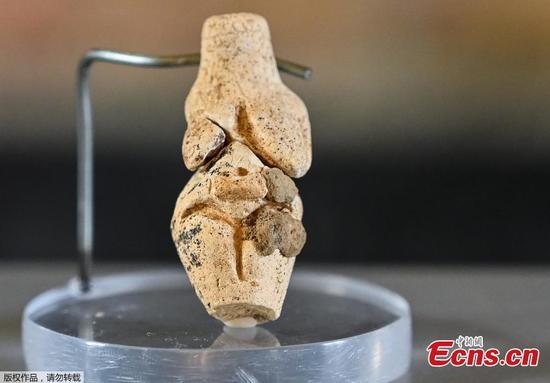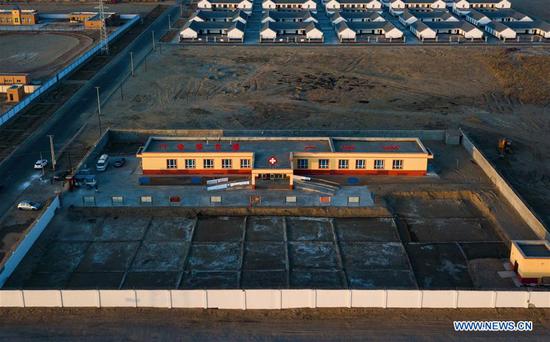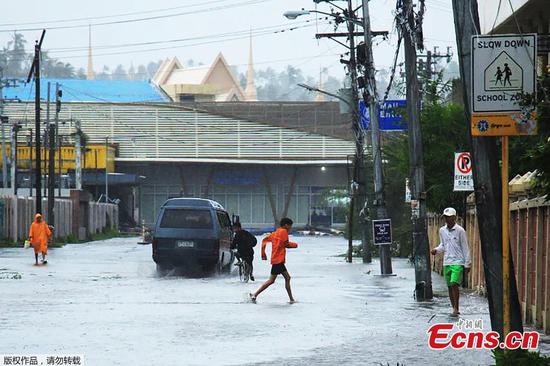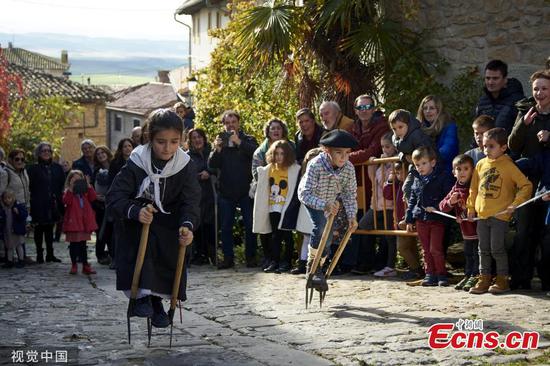More than 140,000 people died worldwide from measles in 2018, mostly children under five years of age, as the devastating epidemic surged globally in all regions, the World Health Organization (WHO) said on Thursday.
According to new estimates from the WHO and the U.S. Centers for Diseases Control and Prevention (CDC), there were more than 9.7 million measles cases and 142,300 related deaths globally in 2018, down from more than 7.5 million cases and 124,000 deaths in 2017. In comparison, the respective figures were 28.2 million and 535,600 in 2000.
According to the latest estimates, the worst impacts of measles were in sub-Saharan Africa, where many children have persistently missed out on vaccination.
In 2018, the most affected countries were the Democratic Republic of the Congo, Liberia, Madagascar, Somalia and Ukraine, which accounted for almost half of all measles cases worldwide.
However, some wealthier countries have also been battling measles outbreaks. In 2019, the U.S. reported its highest number of cases in 25 years, while four countries in Europe -- Albania, the Czech Republic, Greece and the United Kingdom -- lost their measles elimination status in 2018 following protracted outbreaks.
Though measles is preventable by vaccines, vaccination rates globally have stagnated for almost a decade. The WHO and the United Nations Children's Fund (UNICEF) estimate that 86 percent of children globally received the first dose of measles vaccine through their country's routine vaccination services in 2018, and fewer than 70 percent received the second recommended dose.
Worldwide, coverage with measles vaccine is not adequate to prevent outbreaks, the WHO said, recommending that 95 percent vaccination coverage with two doses of measles vaccine is needed to protect populations from the disease.
In addition to rapidly immunizing against measles, outbreak response should also include reducing the risk of death through timely treatment, especially for related complications like pneumonia, the WHO said.
It has urged countries and the global health community to continue investing in high quality national immunization programs and disease surveillance, which helps ensure measles outbreaks are rapidly detected and stopped before lives are lost. Enditem


















































